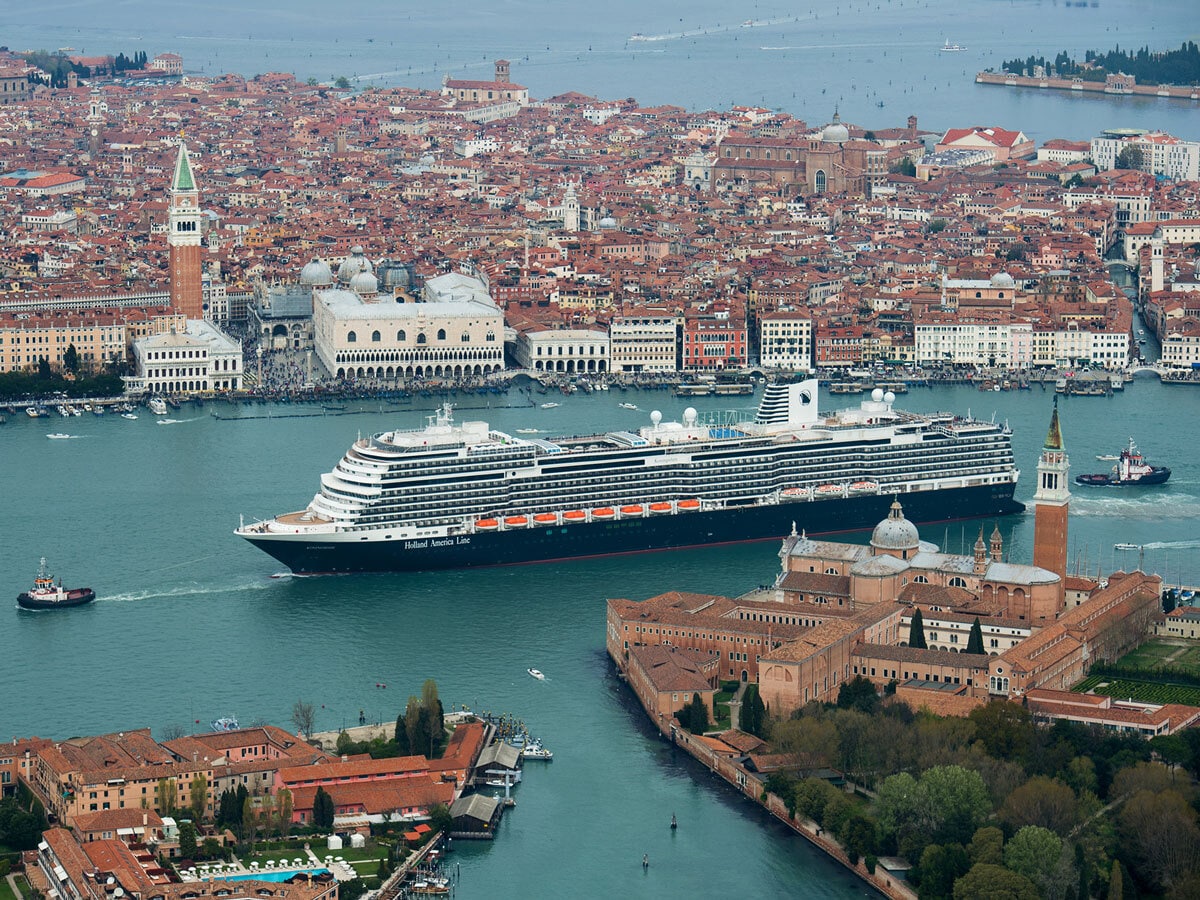
With tour operator Carnival [CCL] still struggling to return its passenger numbers to pre-pandemic levels, analysts are muted ahead of the company’s third-quarter earnings release on Friday 30 September.
Shares in the cruising giant have continued its post-pandemic decline in 2022, with the Carnival share price dropping 46.4% since the turn of the year (through 27 September), despite pandemic-related headwinds lessening.
The stock was one of the biggest casualties of the pandemic, as restrictions halted cruise fleets for months on end. The challenging trading environment has contributed to the share price dropping a dramatic 83% in the last five years. Competitors in the space have also struggled during the last half-decade, with Royal Caribbean Cruises [RCL] falling 57%, and Norwegian Cruise Line Holdings [NCLH] dropping 71.6%.
While restrictions have since eased, the cruise industry is still facing several challenges. One of the biggest is that the rising cost of fuel is eating away at margins, and harming the speed of financial recovery. Meanwhile, although passenger numbers have rebounded in recent months, demand has not hit levels seen before the pandemic.
Passenger numbers rebound in Q2
Carnival’s revenue for the second quarter increased by nearly 50% to $2.4bn, reflecting a steady improvement in trading. Arnold Donald, the outgoing CEO at the time of the results, emphasised that the company was “driving occupancy higher” and “increasing available capacity, resulting in a nearly 50% sequential improvement in revenue in the second quarter”.
Despite the optimistic signs of health, the rebound has still a way to go, with revenue sitting well below the $4.8bn in the same quarter of 2019. The group recorded a net loss of $1.8bn in the quarter, which was only slightly improved from the $1.9bn in the first quarter.
Its earnings were also weighed down as inflationary pressures increased the group’s fuel expenditure in the quarter. During Q2, it spent $545m on fuel. In comparison, in the same quarter of 2019, when the group was running a much larger operation, Carnival spent £423m on fuel.
Occupancy in the second quarter was 69%, up from 54% in the quarter prior. While there has already been a strong sign of recovery, the company revealed that increased staffing pressures that have impacted the travel and leisure sector in the last few months have resulted in occupancy constraints.
Share issuance to offset debt
Carnival’s stock price fell sharply after the company issued $1bn worth of shares at the end of July. It sold 102 million shares at $9.95 each, which was a lower price point than previous equity sales that have been carried out by the company.
As is usually the case with dilutive equity sales, the shares reacted negatively to the news, and quickly declined by 13% on the day of the announcement. However, the shares rebounded after it became clear that Carnival would be using the funds to cover outstanding 2023 debt maturities.
As of 24 June, the group has $2.8bn in debt set to mature in 2023, and a further $2bn for 2024. With operations still turning a loss, it’s important that the company can cover the debt, and the share issuance will help to do so. If numbers of passengers continue to grow, however, there is reason to remain optimistic for future earnings.
Analysts rate Carnival shares a ‘hold’
Looking to Carnival’s upcoming earnings call, chief market analyst Michael Hewson doesn’t expect the company to revive its revenue back to pre-pandemic levels any time soon. “Pre-pandemic in 2019, annual revenues were $20.8bn and don’t look like getting anywhere near that much before 2023,” he said.
“At the end of its 2021 fiscal year annual revenues collapsed to $1.9bn, and while we’re on course to beat that number quite comfortably, as well as the 2020 number of $5.6bn, it will be some time before normal service is resumed.”
Given that Carnival is still facing a multitude of challenges, analysts are divided on the outlook for the shares. Out of 11 analysts polled by the Financial Times, three believe the shares will ‘outperform’, five rated shares a ‘hold’, while the remaining three analysts believe shares will ‘underperform’.
Among the 18 analysts offering 12-month price forecasts, the median target was 944.76p, which represents a 27.5% upside from the stock’s closing price of 740.8p on 27 September.
Disclaimer: CMC Markets is an execution-only service provider. The material (whether or not it states any opinions) is for general information purposes only, and does not take into account your personal circumstances or objectives. Nothing in this material is (or should be considered to be) financial, investment or other advice on which reliance should be placed. No opinion given in the material constitutes a recommendation by CMC Markets or the author that any particular investment, security, transaction or investment strategy is suitable for any specific person. The material has not been prepared in accordance with legal requirements designed to promote the independence of investment research. Although we are not specifically prevented from dealing before providing this material, we do not seek to take advantage of the material prior to its dissemination.






















